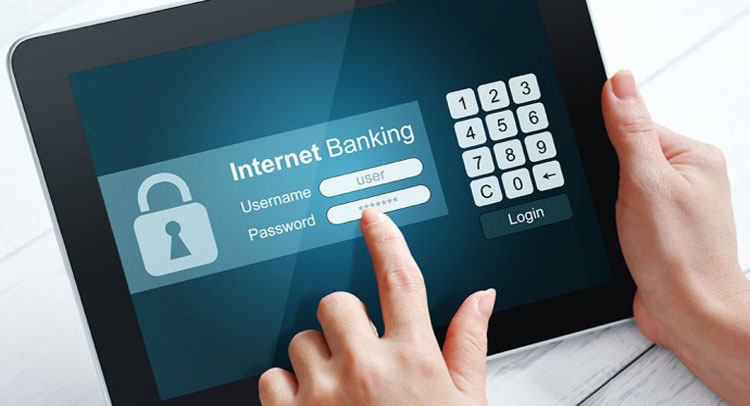In a groundbreaking move, the Reserve Bank of India (RBI) has widened the scope of card tokenization, extending it to encompass Internet and mobile banking transactions. This momentous decision, announced on Tuesday, marks a significant stride in securing digital payments across diverse platforms.
RBI’s Remarkable Initiative
The RBI’s decision to extend card tokenization to Internet and mobile banking comes as a pivotal measure to heighten security and safeguard user information during online transactions. This move will ensure that sensitive card details are substituted with unique symbols or tokens, thereby minimizing the risk of fraud and enhancing consumer trust in digital banking systems.
The central bank’s initiative is aligned with the evolving landscape of digital transactions, aiming to fortify the safety of payment processes amidst the burgeoning realm of online commerce. By expanding tokenization, the RBI endeavors to bolster the security architecture, assuring users of a safer and more secure digital payment ecosystem.
Enhanced Security Measures
The significance of this step lies in its potential to mitigate the vulnerabilities associated with storing card details on various platforms. With card tokenization now applicable to Internet and mobile banking, users can conduct transactions without exposing their sensitive financial information, significantly reducing the chances of fraudulent activities.
RBI’s emphasis on security and confidentiality resonates with its commitment to fostering a robust and resilient financial ecosystem. By promoting the adoption of advanced security protocols, this move is poised to elevate trust and confidence among consumers, paving the way for increased participation in digital transactions.
Positive Impact on Digital Economy
The expansion of card tokenization to encompass Internet and mobile banking is expected to catalyze a surge in digital transactions. As users feel more secure conducting online payments, there’s a likelihood of heightened participation in e-commerce activities, thereby contributing to the growth and expansion of India’s digital economy.
Moreover, this move is poised to encourage innovation in fintech solutions, propelling the development of secure and user-friendly payment platforms. The RBI’s proactive stance in embracing technological advancements for bolstering security is anticipated to set new benchmarks in the financial landscape.
In conclusion, the RBI’s strategic decision to extend card tokenization to Internet and mobile banking reflects its commitment to fortify the security framework of digital payments. This transformative step not only enhances security measures but also augments consumer confidence, fostering a conducive environment for the flourishing digital economy of India.























